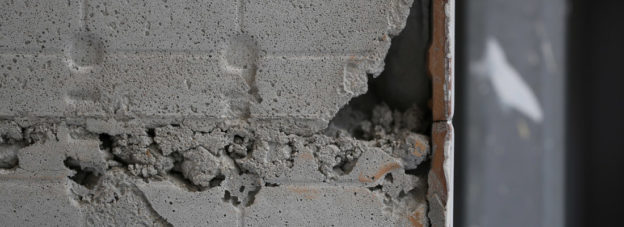In Hensel Phelps Constr. Co. v. Superior Court, 257 Cal. Rptr. 3d 746 (Cal. Ct. App. 2020), the Court of Appeals of California, Fourth Appellate District, addressed whether a party’s contractual definition of the phrase “substantial completion” controlled the trigger date for California’s construction-related statute of repose, Cal. Civ. Code § 941(a). The Fourth District held that the agreement between the condominium owner and developer for Smart Corner Condominiums and the general contractor, Hensel Phelps Construction Co. (Hensel Phelps) – which determined the date of “substantial completion” for the construction project – did not control when the statute of repose started to run. Continue reading





